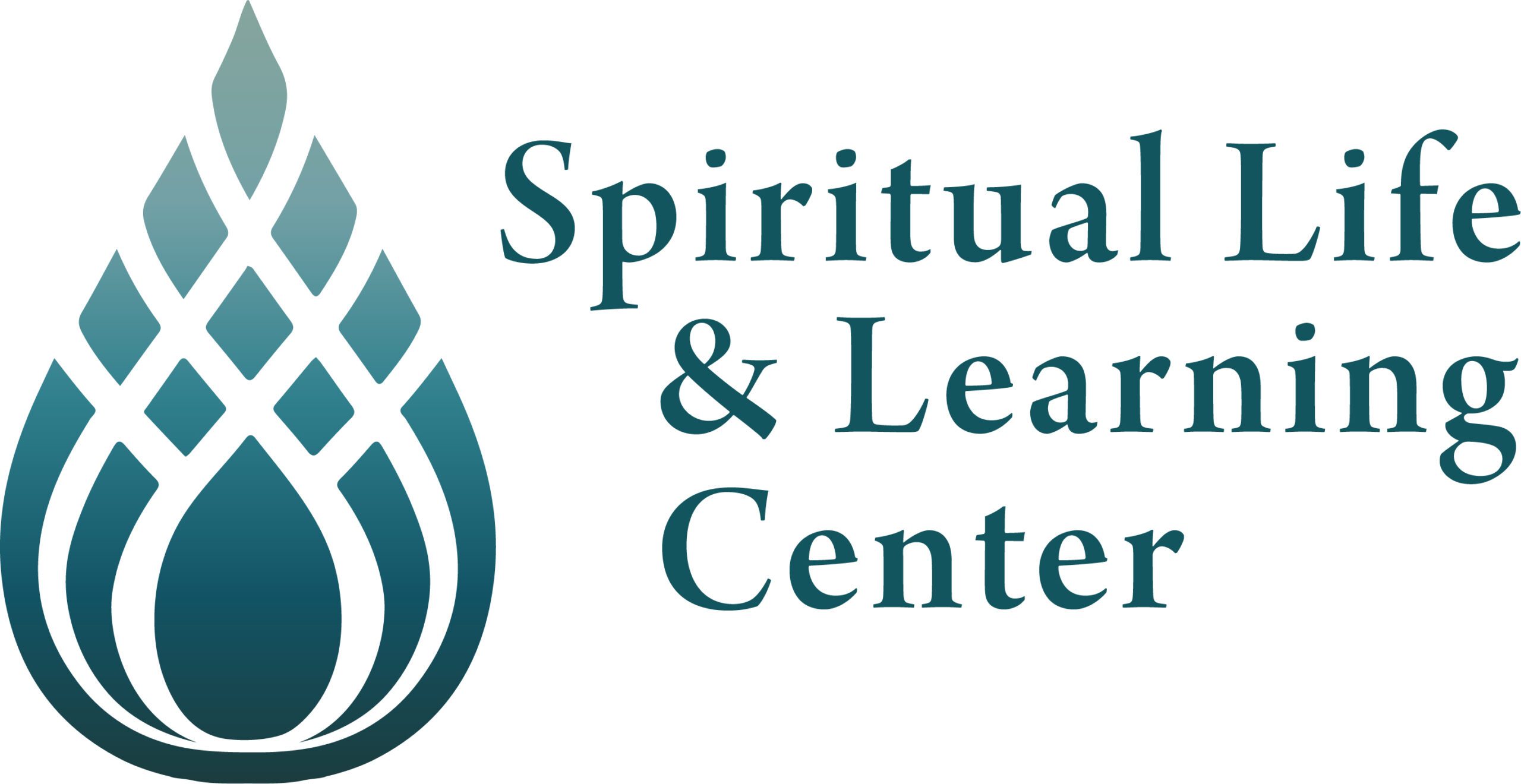I knew there was such a thing as “All Soul’s Day” in the Roman Catholic tradition (today, November 2), but never really knew that, in the same way All Saint’s Day honors all the saints,
dear departed members of the faith who are in heaven, the next day commemorates and prays for all the baptized Christians who still languish in purgatory.
So maybe that’s where so many of us, Christian or otherwise, have been languishing these past few years, and good news! If your guts have been churning, particularly inthese past couple of weeks, it’s no surprise, and likely a sign that your soul is active and alive, that your heart is open and awake and feeling. You are even closer to oneness with the Holy One of Blessing, as Matthew Fox described so well in one of his early works, A Spirituality Named Compassion:
[Even] God’s bowels, he wrote, are said to turn with anguish and with pain:
Is Ephraim my dear son? … For since I spoke against him, I do earnestly remember him still: therefore my bowels are troubled for him. I will surely take compassion upon him, says the Lord. (Jeremiah 31:20)
Here lies the origin of true compassion, for the bowels and not the heart form the true seat of deep emotions according to Jewish thinking. God then experiences compassion at the gut level where we all do. Compassion is passionate…. Compassion is about being moved.And it’s about our being moved in the guts. Our fall Spiritual Searcher, Thomas Moore, writes in his original treatise, The Planets Within, “When we say a person has
soul , we usually mean that they show evidence of internal movement.” And he based much of his early thinking in the work of the 15thcentury Renaissance humanist priest (a wonderful oxymoron) Marsilio Ficino, who said (more devastatingly):Not in the entire living world is there to be found anything so deformed as that which does not have the gift of soul.
“People who clearly have
soul ,” says Thomas Moore, “show a certain depth, vitality, individuality, familiarity with pain and death, and good humor.”What comes to me in all of the shadow side of America that is being so starkly revealed right now–our latent and blatant racism, misogyny, white nationalism, hatred of and violence toward the “alien in our midst” and the “other”-from the highest office in the land to our own individual complicity is the need to stay deep. Anger, fear, despair feel like they pull us up into our heads, into the amygdala, the reptilian brain of
fight , flight or freeze.So breathing deeply, into the belly, staying grounded in our physical and spiritual center-centered in the very ground of our being as it were-is called for even more radically in trying times, knowing that this is more difficult during “purgatory” existence. That’s what body-centered, belly-centered practice is for in easier times and even more at the moment.
In this grounding we give support to our hearts to stay as open as possible through everything, while everything in us screams to close off our hearts to the pain and suffering of others, and of our own grief and pain (and as the powers-that-be encourage us to close off in fear and hatred and obedience to “authority”). But with centered, churning bowels, and open, bleeding hearts we can still bring compassion where we are to self and to “the poor, the widow, the orphan, and the alien in our midst,” (Exodus 22:21-24, Jeremiah 22:3) and to the refugee, the immigrant, the Jew, the Muslim, and even to those hard-hearted, soulless ones who bring oppression to the marginalized either knowingly or unknowingly.
For those who strive to follow the Way of Jesus, as I do, Matthew Fox notes that the Greek word used in the gospels “apropos of Jesus’ compassion is the word
splanchnizomai , which means literally ‘to be moved in one’s bowels.’ … This is the word used to express how Jesus responded to cries for mercy and compassion and so we are told time and time again that Jesus was ‘moved in his bowels – i.e., he had pity and compassion.'”And so, writes Thomas Moore:
Soul is also depth, a metaphor we use to point to a certain intensity of experience. Havingsoul , we feel a reverberation and resonance carrying through beneath the surface of everyday experience. With soul, events are not merely two-dimensional; they carry an invisible but clearly felt dimension of depth. . .. The significance ofsoul is clearly downward, away from the head, closer to the stomach where the outside world is absorbed, internalized, and broken down; toward the intestineswhere in an extensive labyrinthine journey the introjected world becomes partly self, partly waste; down toward the lower orifices where what is not made into self is eliminated; down near the organs of sex where the pleasure, relational, and sensation fluids are focused.So, if your bowels are churning right now, and you feel like you are living in a human-made purgatory, be grateful at least for that. You are alive and awake-you are, and have, soul.
Shalom,
David
P.S. I think that religion at its best is “structured spirituality,” but also recognize the relevance of this distinction Fox wrote in 1979, describing how I see much of American Christianity today (and actually Christendom generally throughout the last 17 centuries). He wrote:
What is the difference between a Way and a Religion? I believe that a Way of life or
Rev. David Hett is the Spiritual Director of The Burkhart Centera spirituality is the living that spiritual people engage in, whereas religion is what empires need to sustain themselves.





